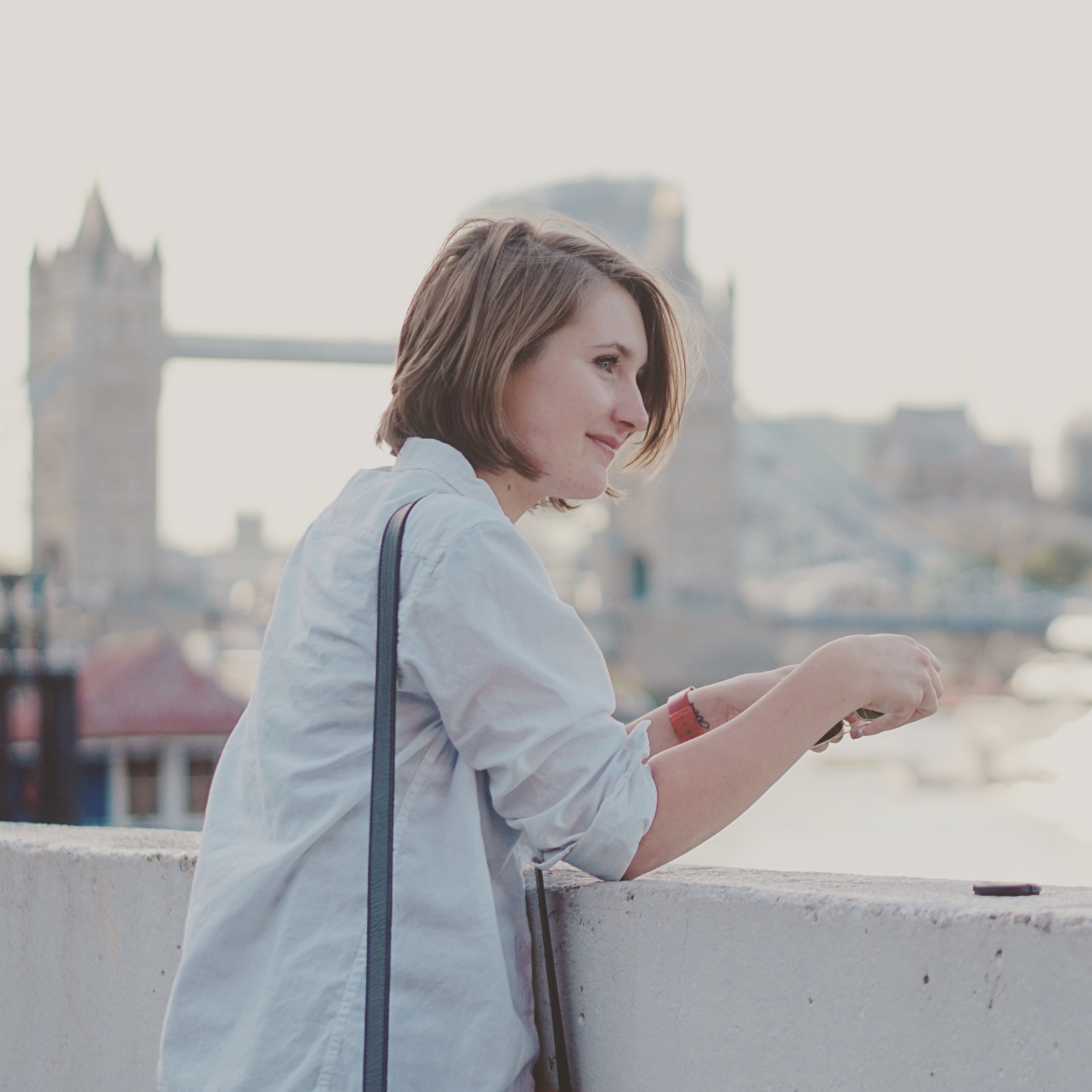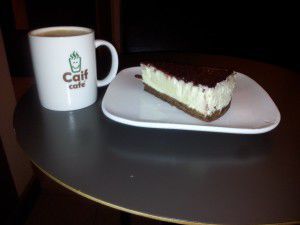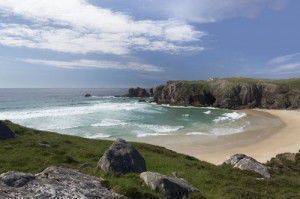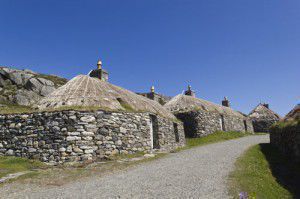A trip to Riga
At the risk of sounding like a Eurovision host… greetings from Latvia!
I don’t have the sparkly outfit or the slightly dodgy English accent (although some may disagree with that), nor am I looking for my five minutes of fame. So perhaps less Eurovision host, more lazy wanderer.
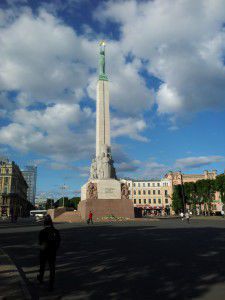 I find myself in the beautiful city of Riga for a few weeks, and after only a few days, I can say it is a good choice with lots to explore.
I find myself in the beautiful city of Riga for a few weeks, and after only a few days, I can say it is a good choice with lots to explore.
Riga has become a ‘must see’ for many a traveller, a mid-point on the popular route between Tallinn and Vilnius.
The time difference is +2 GMT and it’s a little surprising to find the sun rising at 3 in the morning when the evenings draw in much the same time as they do in the UK.
The temperature is actually like the best bits of the UK summer and sometimes hotter, but that can be significantly reduced by the wind.
The currency is the euro, the prices are relatively cheap, the local supermarket is Rimi.
Everything is pretty central and the airport is accessible by little more than half an hour by bus for around 2 euros.
So, that’s the stats and stuff.
So what’s Riga really like?
Well, if you’ve been to Budapest, it’s quite similar. A lot of the cities over this way are like that: where communism still flavours the architecture yet the need for growth and change is evident in the modern buildings that have sprung up amongst them.
The main thing you’ll realise about Riga on arrival is the parks. Everywhere you look there are beautiful parks, with statues, floral sculptures, sailing boats, cafes, and sometimes a ‘summer stage’ where I’m told there are free performances. If you’re a park-bencher – book, beer, cake, coffee – this place is beyond perfect. You could probably do a full tour of all the benches and be here for months!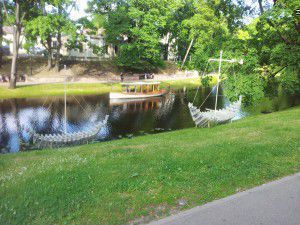
It’s a ‘shoes off’ culture so be prepared to bare feet the moment you arrive in a hostel or home. Also be prepared for the supermarkets to stop selling alcohol around 7:30. Stock up, early!
The traffic lights can be very quick changing so do not dawdle. You’ll be alerted by a series of beeps. When the beeper beeps, get going!
There is a great central market and if you go inside there are a lot of stalls selling local fare. Prepare to put on weight. It is pastry-central here. I haven’t tried savoury Latvian food yet, but that day will come.
Whilst English is not spoken everywhere, the locals are used to the poorly multi-tongued English speaker, and are patient and on the whole very kind.
It’s too soon to tell but I imagine a week would be an adequate length of time to see everything there is to see of Riga. But, since I’ll be here for a while yet, perhaps I can provide a little more detail on that in the near future.
But until then, and until I sample the local beer… Priekā! (cheers)
Kelly
10 reasons to visit… the Outer Hebrides
The scattered islands of the Outer Hebrides, off the Western coast of Scotland, are a haven of beauty, wildlife and mysterious archaeology. Tying in with last week’s Scottish Week here at EuroTalk, these are my top ten reasons to visit the islands, where Scottish Gaelic is still spoken as a native language.
We’d love to hear from residents or fans of this gorgeous part of the world – send us your tips!
1. The beautiful, beautiful scenery
Everybody, without exception, is blown away by the views on the Hebrides, where beaches are bright white and stretch out against a distant, uninterrupted horizon. The air is crisp and unpolluted and the seas, ever changing, create a dramatic backdrop to island life. Go driving and you might be the only person on the wide road for miles. Each of the islands has its own distinct geographical characteristics, from Lewis’ flatness to Harris’ mountains.
2. Black pudding
A local delicacy you’ll hopefully be presented with early on in your trip, Stornoway Black Pudding is now famous the world over. After a couple of slabs of it on your breakfast plate, you’ll not go hungry for the day, and if you’re feeling especially indulgent you might even round the meal off with a couple of kippers smoked in one of the island’s smokehouses. Yum!
3. Harris Tweed
Now internationally famous and found on Nike shoes, the tweed is traditionally made to protect against the extreme weather to be found on the island. It’s well worth taking a visit to one of the workshops or outlets to find out how it has been handmade by locals for centuries, up to the present day.
4. St Kilda
Admittedly, this is not a trip for the faint-hearted, as St Kilda lies a good eight hours’ travel by charter boat from the Hebrides, more from the mainland. Still, if you have time to play with, St Kilda is a fascinating trip. Its story of evacuation in the 1930s, after a period of extreme poverty and starvation, really hits home if you visit the museum, located in the homes of the original residents. The island is also a National Nature Reserve and a likely place to spot interesting flora and fauna.
5. The Blackhouse
You’ll find these in both the Highlands and Hebrides, and if you fancy you can even stay in one in the village of Gearrannan on Lewis, where the blackhouses have become visitor accommodation and you can experience for yourself the cosy, warm, smokey atmosphere. The blackhouse is a traditional home for both people (in one half) and their livestock (in the other), with the peculiar distinction that there is no chimney: instead, the smoke from the central hearth builds up and eventually filters through the thatched roof, creating a smokey, peaty and very warming atmosphere within.
6. Going to a whisky distillery
You can’t really miss this one, and generally in Scotland you’ll have a lot of local distilleries to choose from. On Lewis, you can visit the relatively new Abhainn Dearg distillery (the most westerly one in Scotland) and practice that all-important Gaelic word – Sláinte!
7. Ferries and planes
Island hopping around the Hebrides gives you the chance to see first-hand the vast differences in scenery, and character, of the many different islands. The archipelago is connected by a network of ferries, which, if you have a car, are well worth booking in advance to avoid being stranded somewhere for days. There are also a number of miniature plane journeys to be made, including the shortest ever flight, from Westray to Papa Westray, which takes a mere 1 minute 14 seconds. Don’t be alarmed if your plane only seats up to 8 people or if it lands, a little surprisingly, on the beach, as it does on Barra.
8. Rain
It’s probably a bit optimistic to expect perfect sunshine, even in the summer months, but luckily the Outer Hebrides look majestic in rain, and there is something deeply dramatic about the sudden and extreme downpour, swooping in within minutes, which can drench you to the skin. Nothing to worry about if you’re staying in the blackhouse and get to dry off in front of a peat fire, of course!
9. Wildlife
Undoubtedly this is one of the main reasons many people visit the islands. From the puffin to the golden eagle to the Minke whale, the islands, with their stunning natural beauty, are host to a rich variety of creatures which elsewhere are rarely seen.
10. Archaeology
Ranging from the very famous to the barely explored, the Hebrides are full of archaeological wonders from all ages. Perhaps the most well visited are the Callanish Stones on Lewis’ Western coast, which local legend (as often happens with standing stones) attributes to a group of naughty local giants turned to stone as punishment. Legends aside, the stones are enormous and imposing, and especially chilling if you manage to avoid the crowds and view them, early in the cold morning, huddled conspiratorially across the horizon.
Have we convinced you to give the Outer Hebrides a try? Don’t forget to learn a few words in Scottish Gaelic before you go…
Nat
The beginner’s guide to London
As London welcomes visitors from all over the world this week, we’ve put together our own guide to the city, with a selection of hints and tips to help you feel like a local…
While you’re here
– Why not take the River Bus from Putney to Blackfriars, then on to Greenwich? It’s a fast and comfortable way to cross the city, with amazing views – and no traffic jams!
– A visit to Shakespeare’s Globe will set you back just £5 for a standing ticket and is well worth it, as long as the sun’s shining… Or you could see a show in the West End – there are discount ticket booths in Leicester Square and Covent Garden where you can buy tickets for the same day.
– Go and take a look at The Shard – the tallest building in Western Europe, which has just opened near London Bridge (be prepared for a sore neck). From next year visitors will be able to travel to the top and take in the amazing views – but in the meantime, here’s a website that lets you see what you’re missing. It really is pretty special.
– If you fancy getting out of the city centre, Richmond Park and Kew Gardens are lovely – although not far from town, you’ll feel like you’re in the countryside. At Richmond, you can even see their famous deer herd.
– London boasts some fantastic free museums; we recommend the Science Museum, Natural History Museum, British Museum and the Tate Galleries, but there are plenty of others to choose from.
Useful tips
– If you’re not going far, don’t take the London Underground (also known as the Tube) – you’ll find it’s much quicker, cheaper and cooler to stay at street level and walk. This is particularly true of stations on or near the Circle Line so don’t get caught out! You can’t go too far without stumbling across a station, and there are maps pretty much everywhere, so it’s quite hard to get lost. But if you are travelling on the Tube, get yourself an Oyster Card, it’s by far the easiest way to pay for your tickets.
– Alternatively, if you want to be able to see where you’re going, but don’t fancy the bus, try hiring a ‘Boris Bike’ (named after Mayor of London, Boris Johnson, in case you were wondering). You can just pay and go, then when you’re finished, return the bike to any of the docking stations located around London – no need to bring it back to where you started.
– Most people don’t really talk in Cockney Rhyming Slang, so if you try addressing someone as your ‘china plate’ you may get some funny looks. But then again, we don’t all talk like The Queen, either. Terribly sorry, old bean.
– To feel like a real Londoner, just roll your eyes and say to random strangers, ‘Well at least the sun’s come out at last.’ You’ll fit right in.
– On a similar note, do remember to come prepared for all weathers – a typical bag should contain sun cream and sunglasses as well as an umbrella and some warm layers of clothing.
– And finally, food – we have some strange names for our dishes, so be prepared. For instance, black pudding is not, in fact, a pudding but a type of sausage (and something of an acquired taste). Eton mess sounds horrible but is actually a very tasty dessert featuring strawberries, meringue and cream. And toad in the hole does not contain any toads. Honest.
Most importantly, we hope you enjoy your visit! And don’t be afraid to ask the locals for help – we Brits may seem a bit grumpy (especially during rush hour) but underneath we’re really very nice people…
Are you a Londoner with some useful advice? Or maybe you’re visiting and have already discovered a hidden gem? Please share them in the comments!
Liz and the EuroTalk team
